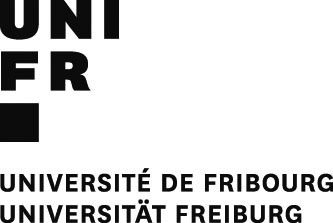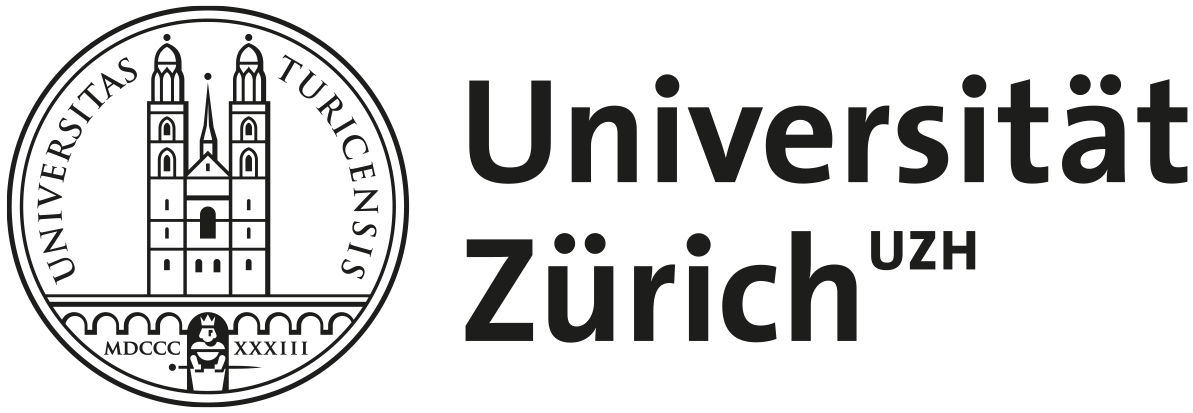Continuing your studies after your bachelor’s degree
During your bachelor’s degree, you may wonder whether to take up a master’s degree after graduation or whether to consider stepping into the labour market. A master’s degree is necessary if you wish to pursue a career in academia. In the case of non-academic careers at universities or in the labour market, career opportunities and the decision to study for a master’s degree are influenced by several factors. Some first-generation students may therefore wonder about investing in further education.
Here are some thoughts:
Specialisation
A master’s degree may be considered a specialisation and/or expansion of your bachelor’s degree. While your bachelor’s course skims through the different areas of a subject and gives you an overview, during your master’s you can deepen your knowledge of certain topics. If the bachelor’s degree has piqued your curiosity and you feel like exploring certain topics in further depth, a master’s degree is the right thing to do. Dissertations or seminars that you found particularly interesting can serve as thematic clues for further study.
Supplementary training
A master’s programme can be chosen in a complementary subject area and as a supplement to your bachelor’s programme. Graduates of a mathematics course, for instance, cannot only choose a master’s degree in the same subject: they can also complete a master’s in economics, say. Master’s programmes can be “transdisciplinary” and are therefore often focused on specific topics. Students can apply for a master’s degree from the same university or a different institution (both universities of applied sciences and universities). In general, the admission requirements are very different and students sometimes have to attend supplementary courses in the event of a change of discipline (see the Admission section below).
Certain master’s degree programmes are exclusively accessible to graduates with a bachelor’s degree in the same discipline (medicine, etc.).
Prerequisites for a master’s degree?
Depending on the subject and profession, a master’s degree may also be mandatory for certain professions outside academia which require a master’s qualification. These are professions regulated by law, such as doctors, dentists, vets, lawyers, psychologists, teachers at secondary schools, etc.
A master’s is increasingly required for certain roles (e.g. management positions). In this instance, it is also worth seeking advice from the careers service, as employers’ demands vary greatly depending on the area and sector. This is not only relevant with regard to starting your career, but also with regard to promotion opportunities at employers in the sector. Further education and work experience also enable bachelor’s graduates to obtain these management positions.
When to continue your studies?
A master’s degree can be completed immediately after your bachelor’s degree, after a break or after gaining (initial) work experience. Sometimes other activities and/or work experience can also provide clarity about your choice of course or even offer time for future planning. However, once you’ve received a real income for the first time, it might not be so easy to go back to the student life. Depending on the subject and the job market in the area, you can also complete a master’s in parallel with your job.
Further training opportunities at universities
Nowadays, there are also other continuing education opportunities at university level, most of which are part-time (MAS, DAS, CAS). However, cost is a real issue here, as these courses are sometimes very expensive. Some employers contribute financially to these training courses; there are also foundations that can provide financial support.
Admission process
If you wish to complete a master’s programme, the prerequisites and criteria for admission must be met. Students who completed a bachelor’s degree meet the admission criteria for master’s degree programmes offered by the same faculty and university. This is also the case for the same master’s degree programmes at another university.
In the case of transdisciplinary master’s degree programmes, the various bachelor’s degrees that are admitted directly to the master’s degree programme are listed. Further master’s programmes are open to students with a bachelor’s degree without direct access. In these cases, supplementary ECTS credits in the bachelor’s degree programme in the specific subject are often required. This is sometimes also the case for applicants with a bachelor’s degree from a university of applied sciences who want to apply for a master’s degree at a university.
Students can also apply for multiple master’s programmes. However, it is important to check the relevant regulations.
Many master’s degree programmes have a selective admission procedure, unlike admission to bachelor’s degree programmes: even if you meet the criteria, the places on the course are limited via a selection process. It is worth preparing high-quality application dossiers and tailoring your letters of motivation, which are often part of the application, to the specific course of study. In a few cases, you may have to sit an entrance examination. This is the situation, for instance, at HSG for students with a bachelor’s degree from another university.
Certain master’s degree programmes are exclusively accessible to bachelor’s graduates of the same discipline (medicine, etc.).










